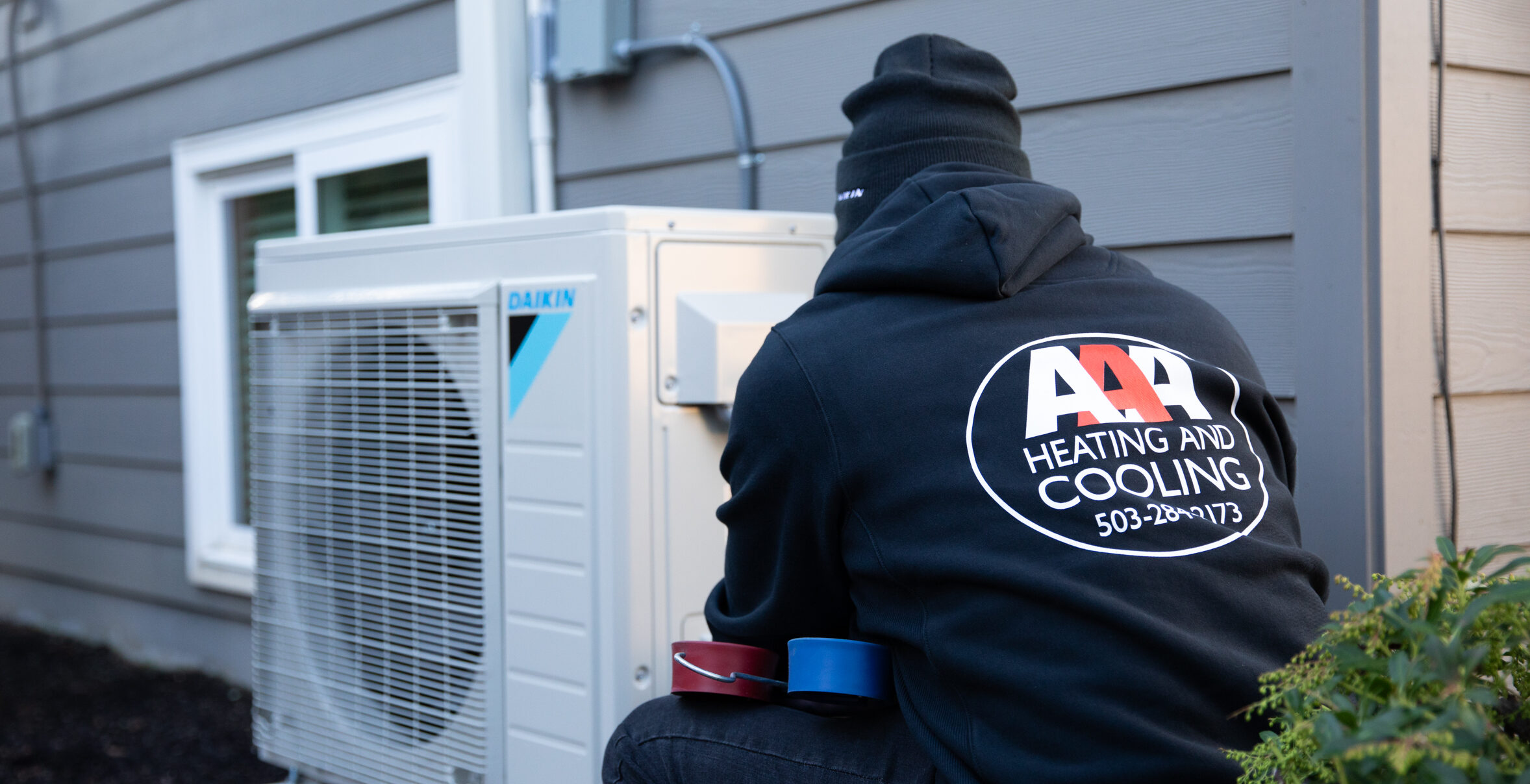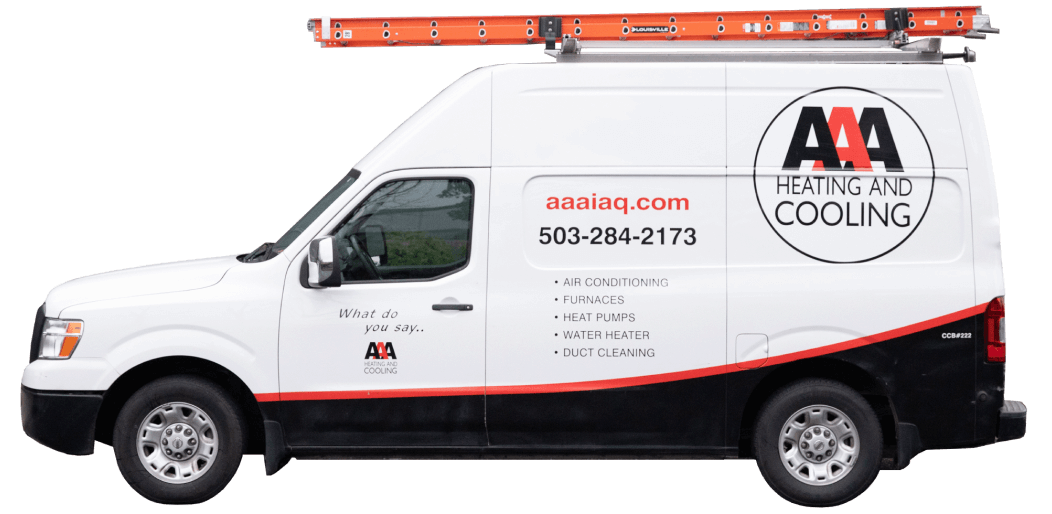We Can Help With Your Residential IAQ Needs!
Did you know that most Americans spend 90% of their time indoors?
If you spend a lot of time indoors, maintaining good indoor air quality (IAQ) in your home is crucial to your well-being. Minimize respiratory ailments and keep everyone in your house healthy and comfortable with a residential indoor air quality system.
At AAA Heating and Cooling, we make it easy for homeowners to control common residential air pollutants and provide IAQ solutions tailored to your unique needs.
Common Signs of Poor Indoor Air
Some of the most common residential indoor air quality issues can be easily detected. Signs of pollutant levels in your household may require the attention of an expert HVAC specialist.
If you are experiencing any of these common signs, call AAA Heating & Cooling for an Indoor Air Quality Consultation today.
- Headaches
- Increased allergy symptoms
- Musty odors
- Mold or mildew growth
- Persistent respiratory problems
- Visible particles blowing out of your vents

The Effects of Poor Indoor Air Quality
HVAC systems are susceptible to collecting a variety of contaminants that impact air quality.
Indoor air pollutants include dust, pollen, mold, fungi, bacteria, smoke, carbon monoxide, asbestos, volatile organic compounds, chemicals, gases, and common allergens.
Prolonged exposure to these pollutants can lead to symptoms including:
- Irritated eyes, nose, and throat
- Congestion
- Headaches
- Nausea
- Dizziness
- Fatigue
The symptoms of a reaction to indoor air pollutants are similar to those of allergies, a cold, or the flu. We recommend homeowners get their indoor air quality checked, as long-term health effects are possible and may be life-threatening.
FAQ About IAQ: What You Want to Know About Indoor Air Quality
Several factors affect indoor air quality, and the concentration of pollutants in a home can be up to five times higher than outdoor concentrations.
The best way to determine if you have poor indoor air quality is with a professional evaluation. If your home seems more humid or dusty than normal, or members of the household have cold- or allergy-like symptoms, it’s a good idea to have the air tested.
Yes. Radon is an invisible, scentless radioactive gas that occurs naturally. The only way to know if your home has it is with a radon testing kit.
There are numerous things that can negatively affect the air quality in your home, such as:
- Humidity
- Chemicals
- Microscopic insects
- Mold
- Gas
- Gas-emitting chemicals
- Air fresheners
- Pollen
- Dust
- Viruses
- Lead
- Asbestos
If you have home air quality concerns, contact the experts at AAA Heating & Cooling and schedule an air quality evaluation.
Even if your home is a new build, it’s no guarantee that you won’t have an air quality issue.
For one, radon can be an issue for a home no matter its age, and as we know from above, the only way to tell is by testing for it.
Air quality can also be an issue in a new build due to installed flooring, carpeting, paint, and other standard (and necessary) items. Additionally, you should consider the ventilation system in a new build to ensure your air exchange rate is within the appropriate range.

